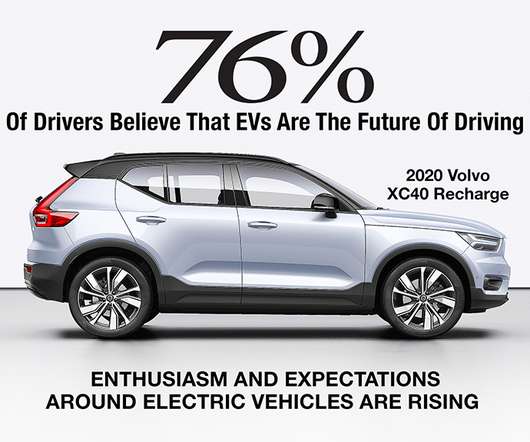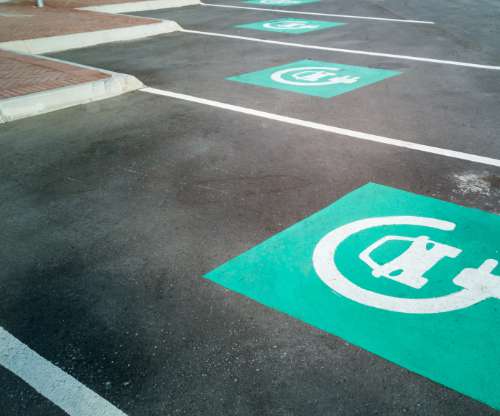ORNL study finds best current use of natural gas for cars is efficient production of electricity for EVs
Green Car Congress
SEPTEMBER 24, 2014
However, they also noted, high PTW efficiencies and the moderate fuel economies of current compressed natural gas vehicles (CNGVs) make them a viable option as well. If CNG were to be eventually used in hybrids, the advantage of the electric generation/EV option shrinks. —Curran et al. —Curran et al.






































Let's personalize your content